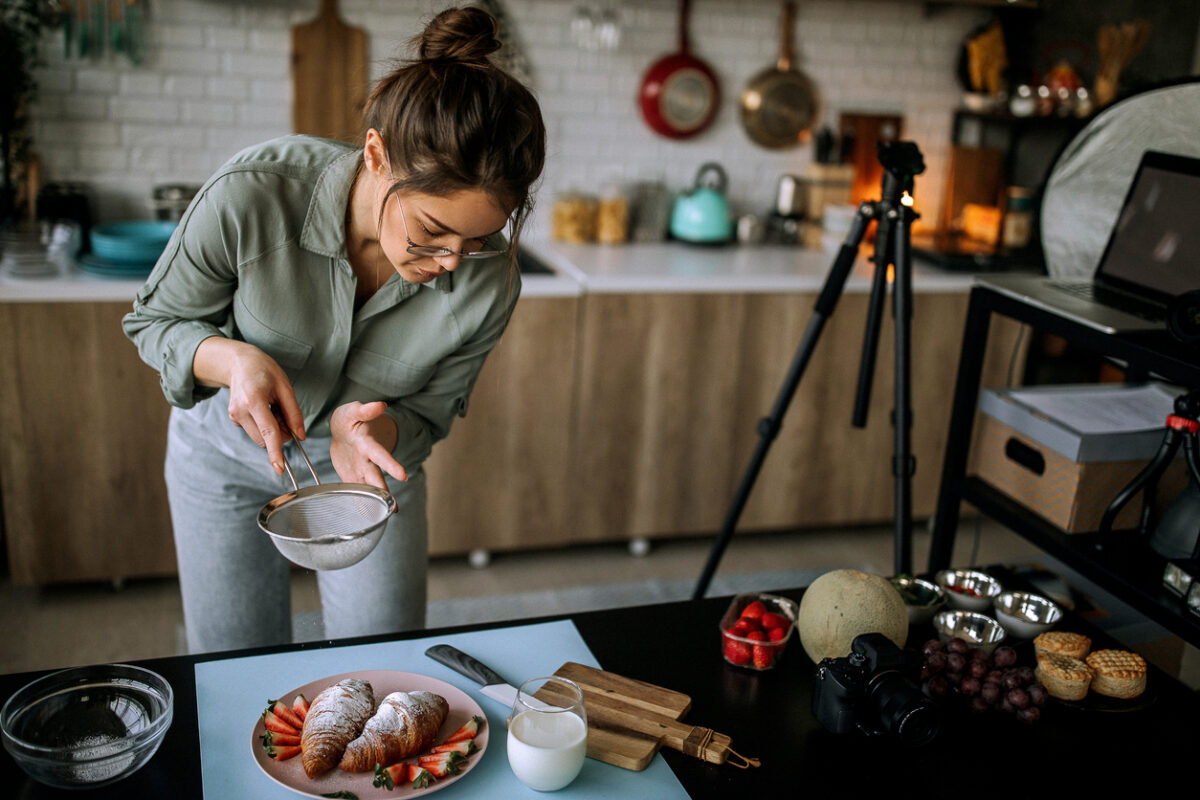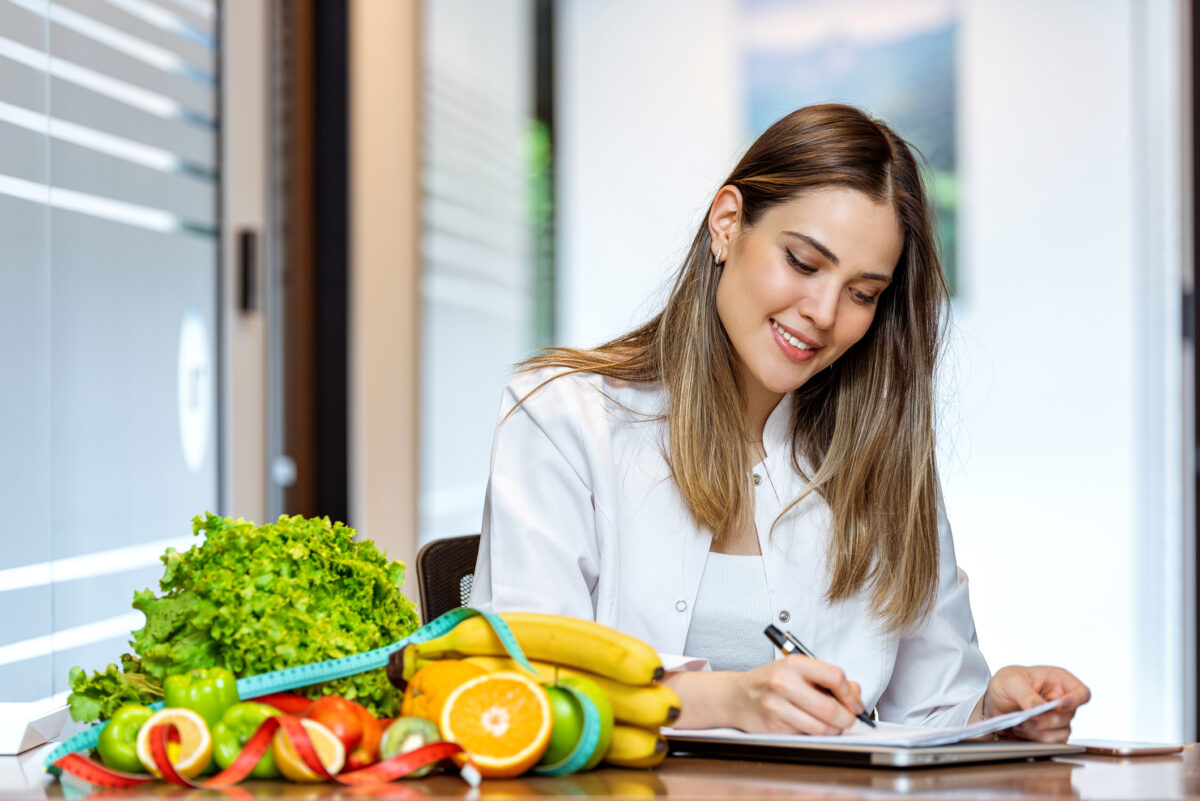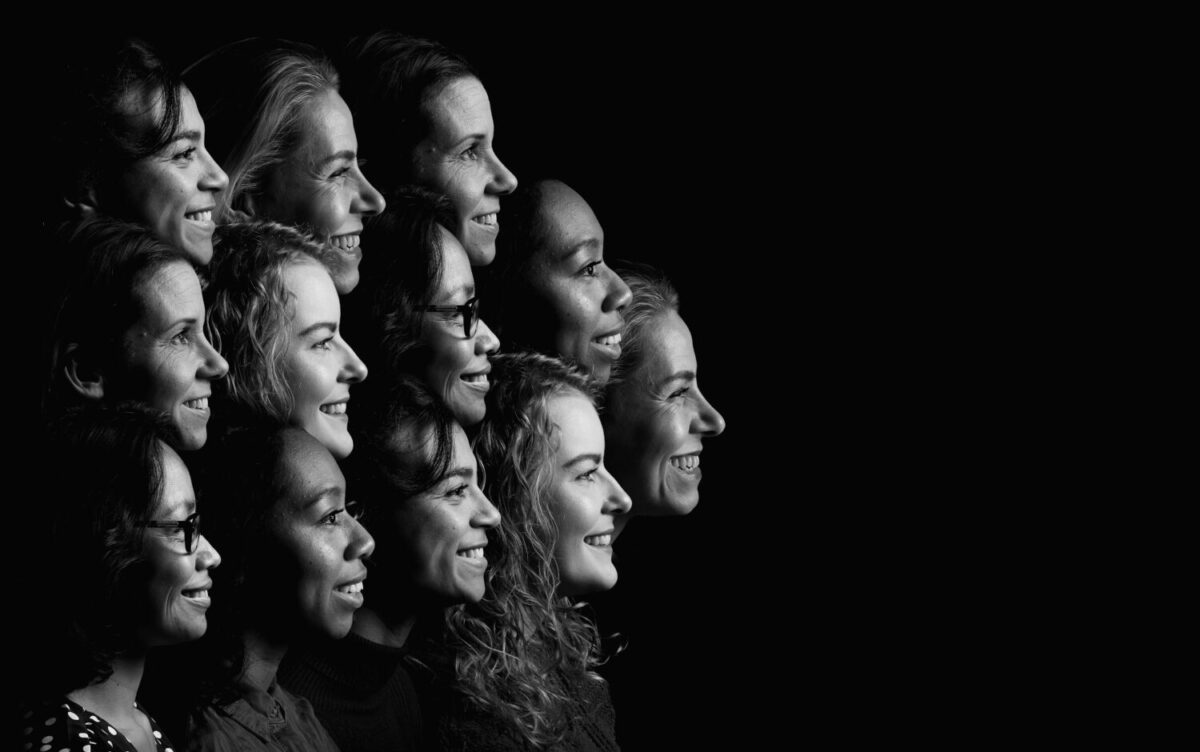Green Jobs: what does a Food and Drinks Buyer do?

As a Food and Drinks Buyer, your job is to source the best products for a company and manage its stock levels. You will be required to develop strong relationships with suppliers, research upcoming brands and trends, and know how to confidently negotiate when it comes to contract terms.
While the job might not sound like the greenest role out there, posts for Sustainable Food and Drinks Buyers are appearing more and more often as companies work to supply eco-friendly products to consumers. These could include goods made using sustainable packaging, locally-produced food and drink, or high quality plant-based products to help consumers reduce their meat consumption.
Hannah Anderson is the Managing Director for the sustainable online grocery company 44 Foods, and has previous experience working for large retailers like Marks & Spencer. She says: “When it comes to buying, we put so much of our focus into working directly with farmers and producers up and down the UK to source food that isn’t just ethically produced, but priced at a level that accurately reflects the real costs of production.
“We’re also on a mission to reduce consumer waste by ordering food only when purchased, which means we don’t have stock sat in depots, and our customers get a longer shelf life too.
“Having worked as a food buyer for a major UK supermarket myself, I know only too well that supermarket pricing is often geared more towards market share gains and margins, rather than being fair to producers. To make the food industry greener and healthier, we need to keep fairness at its heart, keep things closer to home and recognise the real people behind the food we eat.”
What are the job responsibilities?
- Keeping track of what consumers are buying and predicting future market trends
- Working well as part of a team
- Building strong relationships with old and new suppliers
- Sourcing suppliers for new products, particularly ethically produced goods if you are working for a sustainable retailer
- Negotiating contract terms confidently
- Working to tight deadlines regularly
- Visiting local, national, or international trade fairs to source out new products
- Researching and putting together reports and sales forecasts
- Responding quickly to shifts in demand, or logistical challenges
- Keeping track of your company’s competitors and what they offer, and deciding how to react to this
Who might your employers be?
The most frequent employers of buyers in the food and beverages (F&B) industry include online retailers, supermarkets, large-scale department stores that sell food and drink, and smaller independent retailers. Vacancies for buyers in the F&B sector can be found on Retail Choice, Reed, and Indeed.
You can work for many different types of companies as a buyer, but while establishing your career with major retailer is certainly exciting, it isn’t the right place for everyone. “Being a buyer can be so rewarding, but if you’re working for a big retailer it can also be tough”, Hannah says.
“With the big retailers it’s all about getting that market dominance which means that when you’re at the top of the market, it’s often hard to put a value on quality. Not that it isn’t tough working for a smaller, more specialised retailer, but it gives you more space to truly learn your products and get to grips with what really makes your producers tick.”
What qualifications do you need?
You don’t need specific qualifications to enter the buying industry, but a good university degree will help you stand out to employers. Some undergraduate degrees which may be useful include:
- Fashion Buying and Merchandising BSc or BA, taught at Cardiff Metropolitan University, University of East London, and Manchester Metropolitan University
- Fashion Buying and Management at University of West London
- Fashion Visual Merchandising and Branding BA at UAL: London College of Fashion
- Retail Business Management BSc or BA offered at University of Bolton, and University of Bournemouth
- Marketing, a course widely available throughout the UK
- Business Management BSc or BA, which is also a popular course at many universities across the country
- Agri-Food Business Management, at the Royal Agricultural University
- Food Business and Retail Management BSc at Ulster University
- Food Business Management and Marketing BSc at Newcastle University
While many courses in buying at university focus on fashion retail rather than food, starting your career outside of the F&B industry doesn’t mean you can’t work for this sector in the future. You could end up working for several different types of companies at the beginning of your career before you are able to become a Food and Drinks Buyer. Showing you have expertise in multiple areas of retail is an asset, and the more experience you can demonstrate in negotiating, relationship building, and an understanding of market trends, the better.
You can still enter the buying industry without a retail or business-specific degree, but being able to demonstrate some commercial knowledge certainly plays in your favour. Think about taking an optional module at university in marketing, business, or retail management to get a decent introduction to this industry.
You can also enter this field through an apprenticeship scheme, where you can train to work in the role of an Assistant Buyer, Assistant Merchandiser, or a Buying Admin Apprentice. You will learn on the job, but will also receive in person and online classes, and regular mentorship to help develop your skills.
Some big retailers which offer these schemes include Amazon, which has a two-year Level 4 apprenticeship in Buying and Merchandising, and Tesco, which offers a three-year degree course in Business Management with a salary of £18,000 a year. The Co-op also runs a food retail pathway apprenticeship. Some apprenticeships require different qualifications to apply. For Tesco for example, you will need to live in London and have a GCSE grade C/4 or above in English Language and Maths, while Amazon asks for two A Levels at C or above, with one being in English Language.
Finding some level of work experience is key to be considered for a buying role, especially if you don’t have a retail and business-related degree. Even working on the shop floor in food retail, or visual merchandising will give you plenty of useful experience in negotiation and knowledge of the sector.
“If there’s one piece of advice I could give it would be to truly get under the skin of whatever area you’re going to be buying in”, says Hannah. “It’s hard to buy products when you don’t truly understand what makes up the cost of a product, the weeks, months or sometimes years that have gone into producing it and market dynamics that surround it.”
What is the salary like?
Entering the role as a graduate, your starting salary can range between £18,000 and £25,000, according to the latest research from Prospects. As you gain more experience (usually two to three years), you can expect a salary jump to between £25,000 and £45,000, which can increase again to over £70,000 as you move up in position.
It is important to keep in mind that a senior level salary could vary depending on the size of the company you’re working for, and could be slightly lower in small and medium-size enterprise (SME).
Where will you be working?
Most of the time, a buyer works in an office, but travel is also required on a regular basis to visit wholesalers, suppliers and trade shows.
While your company may have traditional working hours of 9 to 5, you could have to work beyond these times depending on any upcoming deadlines. Extra hours are also common if you need to travel to any retail exhibitions or visit suppliers.
What is the career progression like?
You will most likely begin your career as an Assistant Buyer, if you don’t already have a qualification in business or retail. You can then work up to the role of a Junior Buyer, and then to a Senior Buyer. The highest level you can reach in this profession is Head of Buying, Buying Controller, or even the Managing Director of a company, which was the case for Hannah at 44 Foods.
She says buying offers “good progression but you really have to weigh up the kind of retailer you want to work for. Obviously, the larger retailers who focus on cheap prices and big product numbers do offer career progression. However, you will often be a small cog in a big wheel so making the move from a bigger retailer to a smaller one can be the right move.
“I went from working as a buyer for a major luxury supermarket to working as the Managing Director of 44 Foods. I’d reached a point where I wanted to be more intimately involved in understanding how a business works and putting suppliers in the driving seat for once. Suppliers know their markets inside out and buyers can learn a lot from them, so I wanted a role where I could focus on relationships and getting everyone a fairer deal, from the suppliers to the customers.”
Working in a buying role however does not mean you are limited to a career in the sector. You can also move onto jobs in merchandising, marketing, or product management.
Some employers may offer extra training to help you with professional development. The British Independent Retailers Association delivers virtual courses on a regular basis.
Is there a demand for this job?
Buyers are key to ensuring a food retail company has sufficient stock levels, but also to making sure there is a regular flow of new products that excite consumers and meet their demands.
“Food is fuel!” says Hannah. “We will always need food, so I think there will always be a demand for this role. Who doesn’t enjoy eating and drinking for a living!”
As long as consumers have an interest in food, a Food and Drinks Buyer is a key employee required by food retail companies of all sizes.








